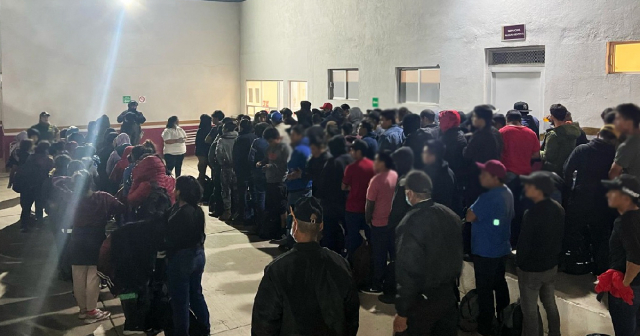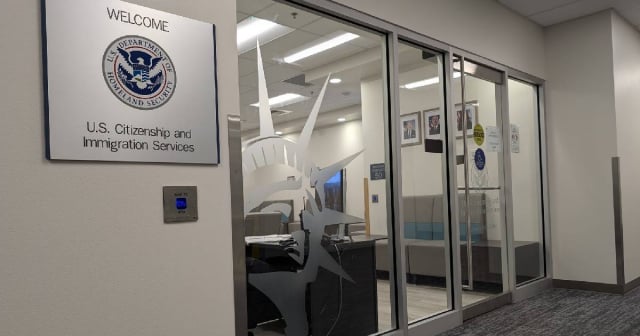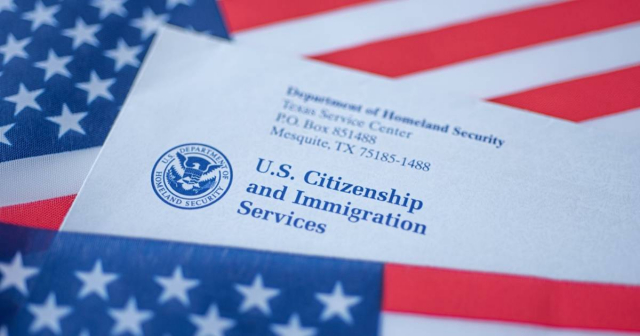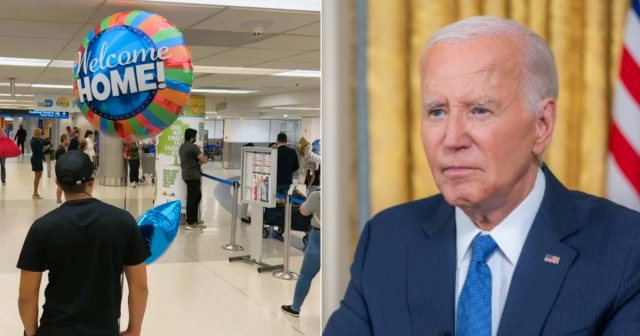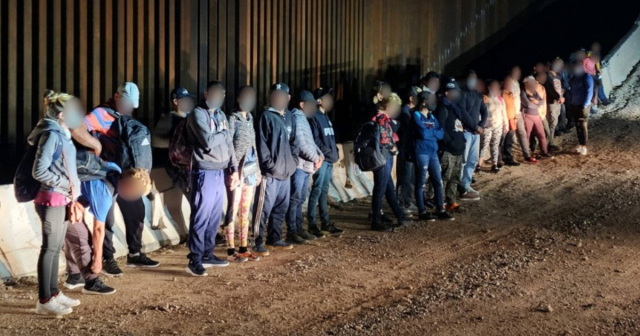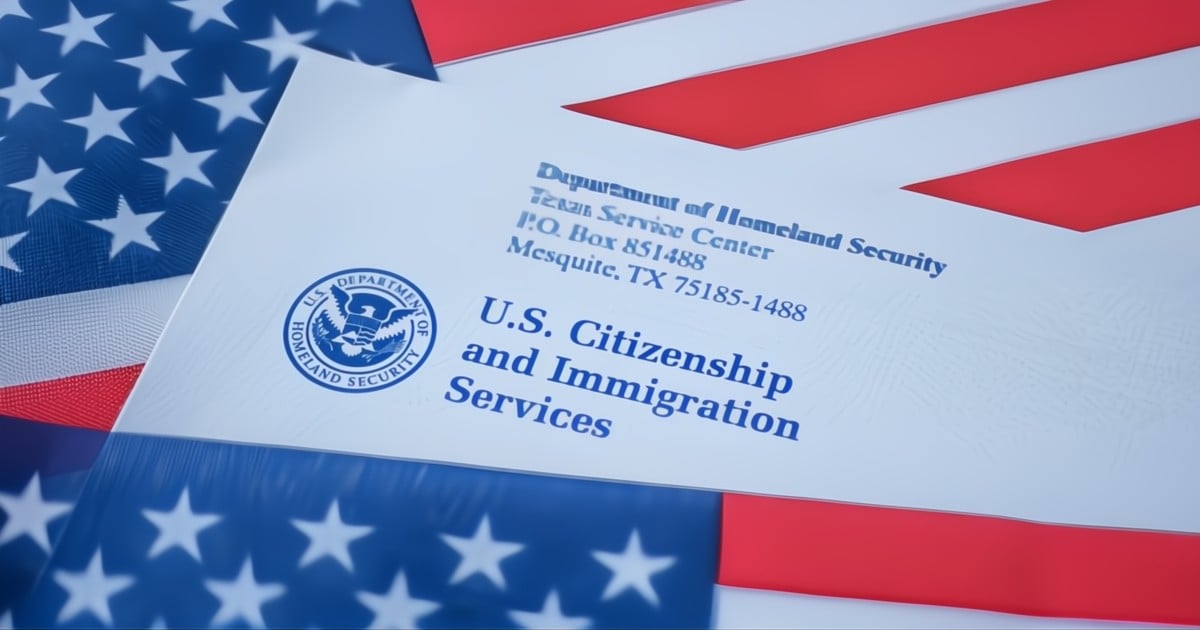
More than 111,000 Cubans have been authorized to enter the United States under the humanitarian parole program, according to the latest report from the U.S. Customs and Border Protection (CBP).
This report, published on October 22, 2024, reveals that the measures implemented by the Department of Homeland Security (DHS) have allowed the legal and safe arrival of tens of thousands of Cuban citizens seeking a better life in the North American country.
The humanitarian parole is part of a special program designed by the Biden Administration for citizens of Cuba, Haiti, Nicaragua, and Venezuela.
According to the CBP report, since these measures were implemented, more than 531,000 people from these four nations have arrived in the United States legally on commercial flights.
In the case of Cubans, more than 111,000 were examined and authorized to travel, and more than 110,000 have already arrived in the country under these legal provisions.
The report also highlights the positive impact of the program on the reduction of irregular border crossings.
According to CBP, the measures implemented have contributed to a 99% reduction in encounters of Cubans, Haitians, Nicaraguans, and Venezuelans attempting to cross the border illegally.
However, in August, CBP had indicated that 208,308 Cubans arrived at U.S. border points in fiscal year 2024.
The U.S. government asserts that the implementation of safe, orderly, and legal processes discourages the dangerous border crossing and offers a viable alternative to illegal immigrants.
The report highlights the use of the mobile application CBP One™, which allows immigrants to schedule appointments at U.S. ports of entry, streamlining the admission process and avoiding the dangerous reliance on smugglers.
Cubans, Venezuelans, Mexicans, and Haitians are among the main nationalities using this platform.
The statement presents the operational statistics for fiscal year 2024, highlighting the efforts of the U.S. government to effectively manage migration and strengthen border security.
It also indicates that the administration has placed particular emphasis on interrupting networks involved in human and drug trafficking, which endanger the lives of migrants.
With the implementation of these measures, CBP and DHS seek to provide legal and safe pathways for migrants while reinforcing border security policies.
The humanitarian parole is the hope of thousands of families in Cuba, amid the current energy, political, and social crisis, who dream of leaving the country and escaping the repression and misery of communism.
What do you think?
COMMENTFiled under:

